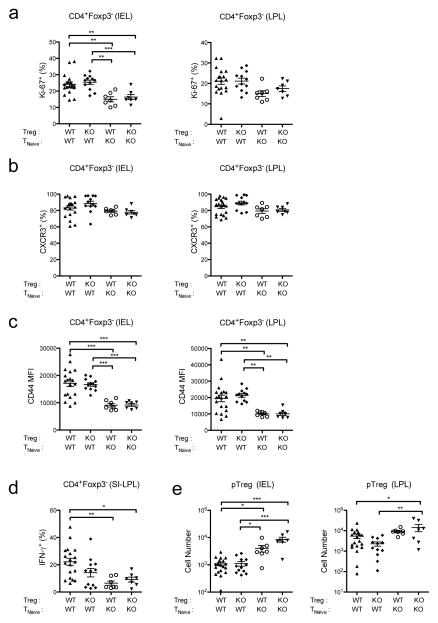Figure 3. Type I IFNs directly promote effector T cell proliferation and activation in Trex1−/− mice.
Summary of Ki-67 (a), CXCR3 (b), and CD44 (c) expression by CD45.1+CD4+Foxp3− effector T (Teff) cells in the IEL (left) and LPL (right) in the colons of Rag2−/−Trex1−/− mice receiving the indicated combinations of CD45.2+ WT or Ifnar1−/− (knockout, “KO”) Treg and CD45.1+ TNaive cells. d) Summary of IFN-γ expression by CD45.1+CD4+Foxp3− Teff cells in the small intestinal lamina propria of Rag2−/−Trex1−/− mice receiving the indicated combinations of CD45.2+ WT or Ifnar1−/− (knockout, “KO”) Treg and CD45.1+ TNaive cells. IFN-γ expression was determined by intracellular cytokine staining after 5-h stimulation of small intestine lamina propria lymphocytes (SI- LPL) with PMA and ionomycin. e) Summary of absolute numbers of CD45.1+CD4+ Foxp3gfp+ peripheral Treg (pTreg) cells in the IEL (left) and LPL (right) in the colons of Rag2−/−Trex1−/− mice receiving the indicated combinations of CD45.2+ WT or Ifnar1−/− (knockout, “KO”) Treg and CD45.1+ TNaive cells. Data are summarized from 8 independent experiments with 3–4 mice per group. Statistical significance was determined using one-way ANOVA with Tukey post-test. *, p<0.05; **, p<0.005; ***, p<0.0001.

